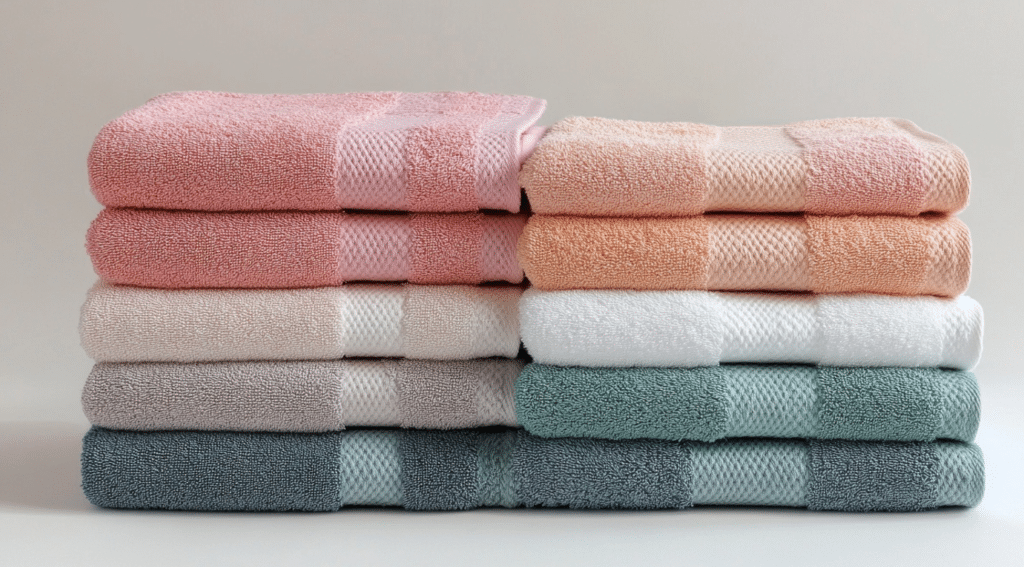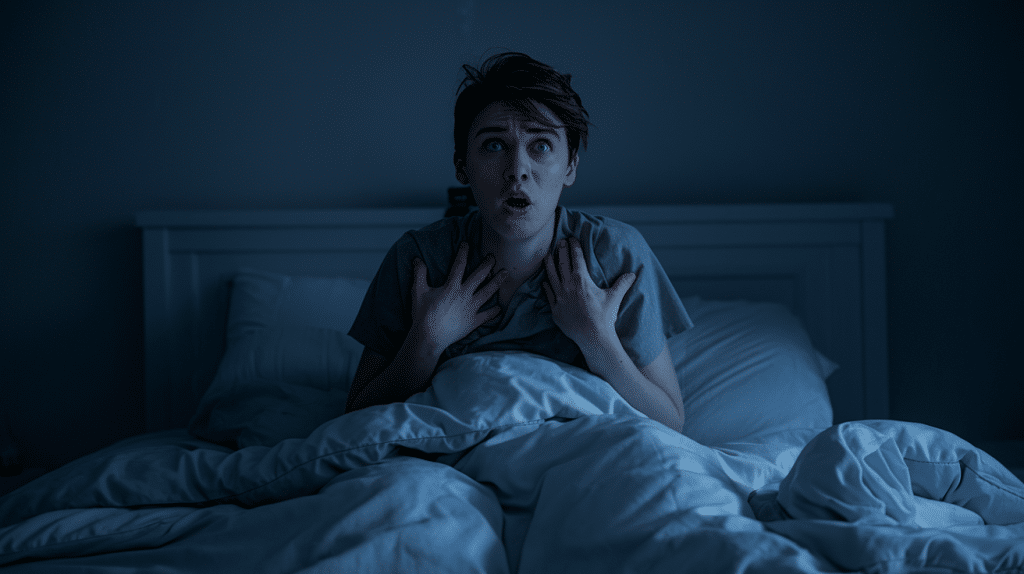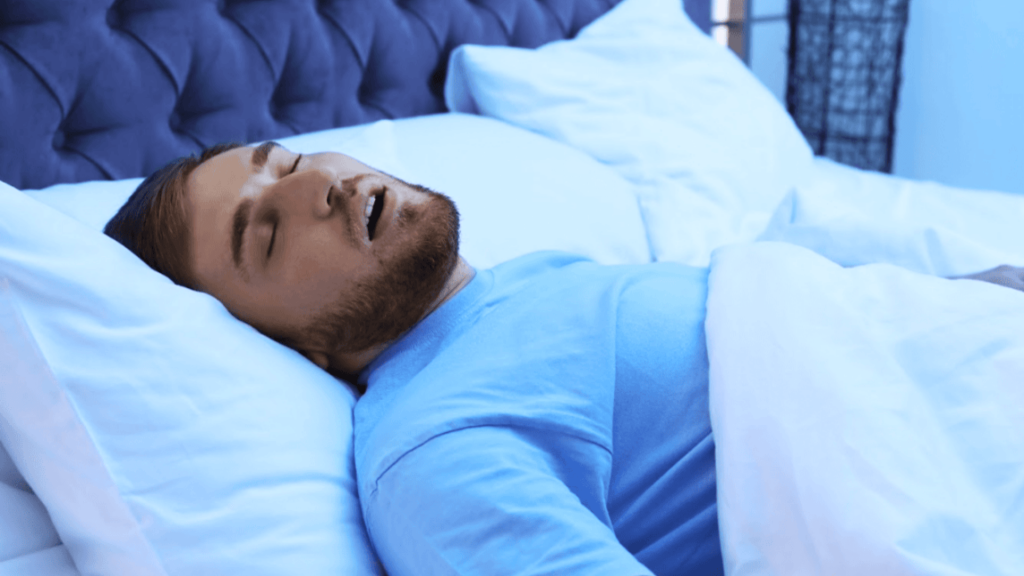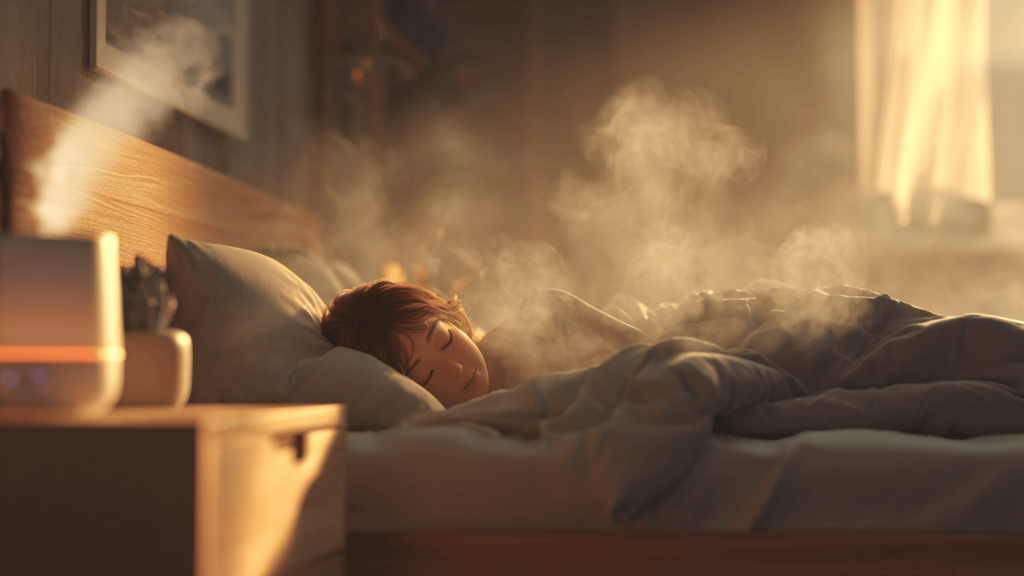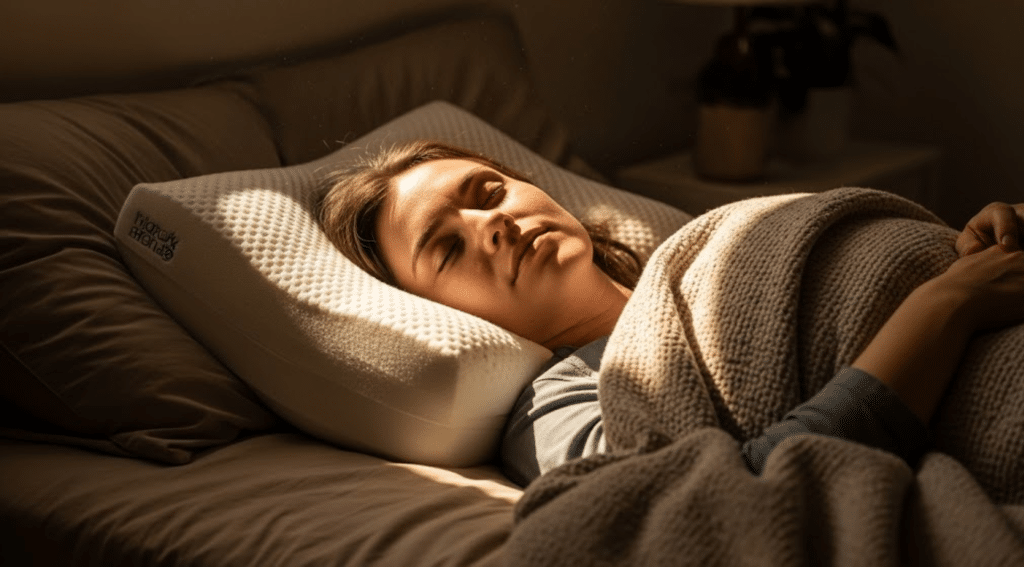Ever notice how some people in your family snore really loudly or still feel exhausted even after a full night’s sleep? I’ve seen it in my own family, and it made me wonder: Is sleep apnea hereditary?
If you’ve been asking yourself the same thing, especially if you’re concerned about your sleep or your child’s, you’re in good company.
I’ll help you understand what sleep apnea is, how your genes and everyday habits might affect your risk, and what early warning signs to look out for. You’ll also pick up some simple ways to reduce your chances, even if it runs in your family.
Let’s walk through how much your family history really matters, or what steps you can take now.
What is Sleep Apnea?
Sleep apnea is something you might not think about until it starts affecting your nights or someone close to you.
I’ve learned it’s a condition where your breathing keeps stopping and starting while you sleep. And when that happens, you’re not just missing out on rest, you’re also putting your health at risk.
The most common kind is called obstructive sleep apnea, or OSA. That’s when the muscles in your throat relax too much and block your airway.
There’s also central sleep apnea, which is less common and happens when your brain doesn’t send the right signals to keep you breathing.
You might be surprised to hear that over 25 million adults in the U.S. have OSA, and a lot of them don’t even realize it.
I’ve noticed it shows up more in men, older adults, and people who have extra weight or a family history. That’s why researchers often ask questions like, “Is sleep apnea genetic?” to figure out what’s really behind it.
If you’re dealing with symptoms or think someone in your family might be, catching it early can make a big difference. Awareness and getting the right diagnosis are the first steps toward feeling better.
Is Sleep Apnea Hereditary?
Sleep apnea can be hereditary. Research shows a strong connection between genetics and obstructive sleep apnea (OSA).
While not everyone with a family history will develop it, the risk is noticeably higher.
Twin studies have revealed that if one twin has sleep apnea, the other is very likely to have it too. This points to a high level of heritability. Some studies estimate that genetics may account for 30% to 70% of a person’s risk for developing OSA.
Several inherited traits can raise the chance of sleep apnea. These include how fat is stored around the neck and throat, the shape of the airway, and how the immune system responds to inflammation.
Although genes can play a significant role, lifestyle choices still matter. If sleep apnea runs in your family, it’s smart to talk to your doctor and consider early screening, especially if you notice any warning signs.
Is Sleep Apnea Hereditary or Just Lifestyle-Based?

Sleep apnea often runs in families, but is it truly inherited? Let’s look at what science says about the link between genetics and this sleep disorder.
Understanding the Role of Genetics
Your risk of developing sleep apnea may stem from multiple small genetic changes. While some rare gene mutations can raise risk on their own, most cases involve multiple genes.
This makes sleep apnea difficult to attribute to a single clear cause, but science is slowly uncovering the puzzle.
Hereditary Traits That Increase Risk
Certain traits that run in families, such as the shape of your face, jaw, or throat, can increase your risk.
When paired with factors such as weight or age, these inherited features may contribute to breathing problems during sleep and increase the likelihood of sleep apnea recurring across generations.
Gene Environment Interactions
Genes can raise your chances, but your habits can turn that risk into a real problem.
A narrow airway alone may not cause sleep apnea, but poor sleep routines, smoking, or weight gain can push it over the edge and lead to symptoms that get worse with time.
Can Genetic Testing Help?
Right now, there’s no quick test to know if your genes will cause sleep apnea. Some risk markers have been identified, but they are not yet used in routine care. For now, early screening and healthy habits remain the best way to manage inherited risks.
While your genes can raise the risk, staying aware of symptoms and making healthy choices can make a big difference.
Family History and Your Risk
Suppose someone in your family has sleep apnea, especially a parent, sibling, or child; your chances of having it go up, too. I’ve seen this firsthand, and it’s usually a mix of what you’re born with and how your family lives day to day.
You might inherit certain physical traits, like a smaller airway, a larger tongue, or a body shape that makes breathing during sleep harder. But it’s not just about genetics; your family’s habits can play a big role, too.
Maybe you grew up around poor sleep routines, not much physical activity, or unhealthy eating. I’ve noticed those patterns can raise your risk even if your genes don’t. That’s why it’s tough to say whether sleep apnea in a family is purely genetic, lifestyle-based, or both.
The upside? When you know it’s in your family, you can pay closer attention to early signs. That awareness gives you a head start and a better shot at managing it before things get more serious.
When to Get Screened for Sleep Apnea?

If sleep apnea runs in your family or you’ve started to notice a few red flags yourself, it’s definitely worth getting checked.
I’ve learned that some of the early signs can be easy to overlook, like loud snoring, waking up gasping for air, or feeling tired all day, even after a full night’s sleep.
You might also deal with headaches in the morning, mood swings, or trouble focusing. I used to brush off things like that, but they can actually point to something more serious going on with your sleep.
If you’re seeing any of those symptoms, especially if someone in your family already has sleep apnea, it’s time to talk to a doctor. You’re also at a higher risk if you’re overweight, have a thicker neck, or if someone’s ever told you that you stop breathing while you sleep.
The sooner you get screened, the sooner you can start making changes that protect your health and help you finally get the rest you’ve been missing.
Preventing Hereditary Sleep Apnea
You can’t change your family history, but you can take steps to lower your chances of developing sleep apnea. These small changes can help protect your sleep and breathing over time.
- Maintain a Healthy Weight: Extra weight, especially around the neck, can block your airway during sleep. Losing even a small amount of weight can ease pressure on your throat.
- Avoid Alcohol and Sedatives Before Bed: Alcohol and sleep aids relax your throat muscles, making it easier for your airway to collapse. If you’re already at higher risk due to genetics, avoiding these triggers can help prevent sleep disruptions.
- Practice Good Sleep Habits: Going to bed and waking up at the same time each day helps your body rest properly. Sleeping on your side instead of your back can also help reduce airway blockage and lower your risk of sleep apnea.
- Get Regular Checkups and Screenings: If sleep apnea runs in your family, don’t wait for symptoms to get worse. Discuss early screenings with your doctor and keep a record of any sleep issues you notice, such as loud snoring or excessive tiredness.
Even with a family history, small lifestyle changes and regular monitoring can significantly improve control over sleep apnea.
Sleep Apnea in Children and Babies
I used to think sleep apnea was just an adult issue, but it turns out, kids can have it too. Even though it’s more common in grown-ups, obstructive sleep apnea (OSA) in children is often linked to inherited traits, like enlarged tonsils, a narrow airway, or certain facial features.
If sleep apnea runs in your family, your child might be more likely to have it. You’ll want to watch for signs like loud snoring, mouth breathing, or daytime sleepiness that seems out of the ordinary.
I’ve even heard parents say their baby has noisy breathing or pauses while sleeping, and those are definitely signs to take seriously.
If you’ve noticed anything like this, I’d suggest reaching out to a pediatric sleep specialist. The sooner you get answers, the better the chances of helping your child avoid long-term issues with growth, learning, or behavior. Early care really does make a difference.
Conclusion
Sleep apnea can be serious, especially if it runs in your family. Now that you know the signs, the risks, and how sleep apnea may be hereditary, you’re in a good place to take action.
I’ve found that even small steps like adjusting daily habits or getting screened early can make a real difference down the line.
Just because something runs in your family doesn’t mean it’s set in stone. If you’ve been asking yourself, “Is sleep apnea hereditary?” you’re already doing the right thing by staying informed and proactive.
Want more tips on better sleep and healthy habits? Take a look through my other blogs. You’ll find simple, helpful ideas to get you started. Your sleep matters, and you’ve got the power to improve it.
Frequently Asked Questions
At what age can hereditary sleep apnea begin to show symptoms?
Covers when people with a genetic risk might begin to notice signs in childhood, teenage years, or adulthood.
Should I get my child tested if I have sleep apnea?
Helps parents understand when to consider pediatric screening based on their own diagnosis.
Does snoring always mean someone has inherited sleep apnea?
Clarifies that snoring is a common symptom, but not always a sign of inherited or clinical sleep apnea.




